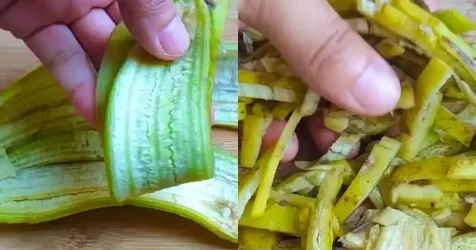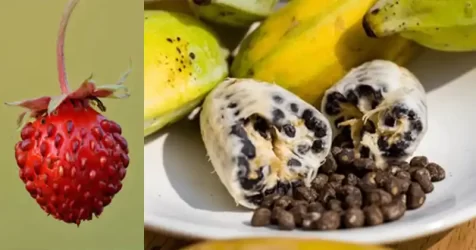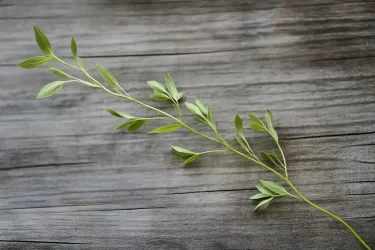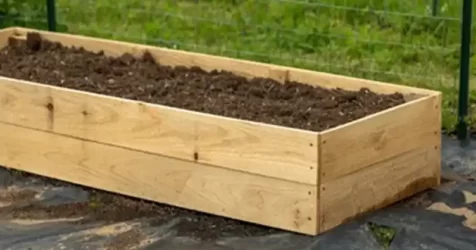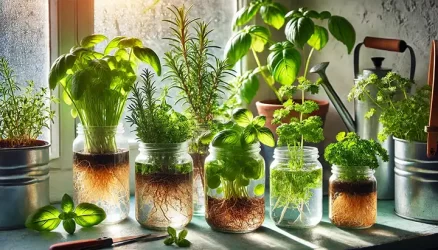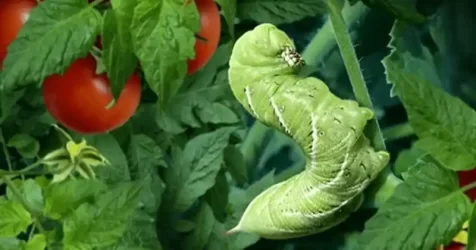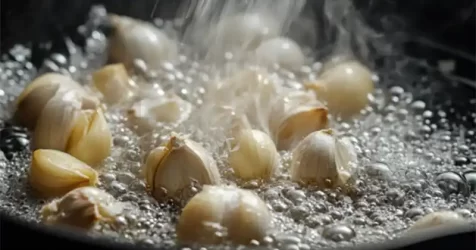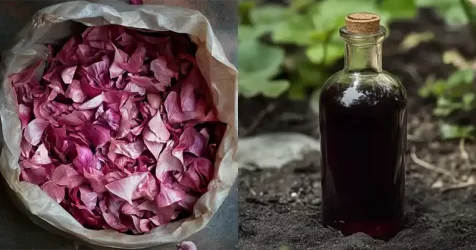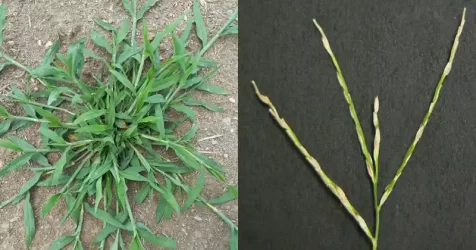Cultivating Robust Tomatoes and Peppers: Techniques and Nutrition Tips
Gardening is a rewarding endeavor, especially when it involves growing your own vegetables such as tomatoes and peppers. In this article, we will explore effective techniques to cultivate these plants robustly, along with a nutritional tip that leverages simple ingredients to boost their health and productivity.

Understanding the Importance of Deep Planting
When it comes to planting tomatoes and peppers, one of the key techniques to ensure a strong, vigorous growth is deep planting. This method is not as widely discussed but is crucial for developing a sturdy root system. Both tomatoes and peppers benefit significantly from being planted deeper into the soil than they were in their seedling containers.
Why Deep Planting?
Deep planting allows the plants to develop additional roots along their buried stems, providing a firmer anchor and increasing their ability to absorb nutrients and water. For tomatoes, burying them up to the first set of true leaves can encourage the formation of a dense network of roots. Peppers also respond well to this technique; burying them slightly deeper than the root ball can promote healthier, more resilient plants.
Boosting Plant Health with Iodine
Another aspect of nurturing robust tomato and pepper plants is providing them with the right nutrients. While commercial fertilizers are widely used, sometimes the best solutions are simple and sourced from everyday supplies. One such ingredient is iodine, a common element found in household iodine tinctures.
The Benefits of Iodine:
Adding just a drop of iodine to a liter of water can make a significant difference in the health of the plants. Iodine plays a crucial role in:
- Disease Prevention: It helps in protecting plants from various diseases.
- Regulating Nitrogen Absorption: It enhances the plant’s ability to absorb and utilize nitrogen, a key nutrient for growth.
This iodine solution should be used sparingly—only once every two weeks is sufficient. It’s important to apply it to moist soil to avoid potential root burn, which can occur if the solution is applied to dry soil.
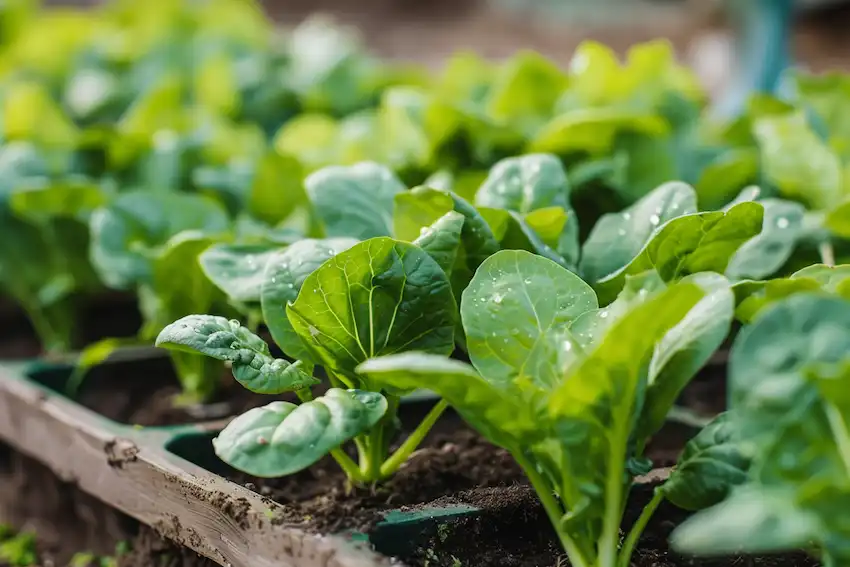
Enriching the Solution with Honey
To further enrich the iodine solution, consider adding honey. Honey is not just a sweet treat but is packed with nutrients beneficial for plants.
Why Add Honey?
Honey contains a plethora of vitamins (such as A, B, and C) and is rich in amino acids and enzymes that can help improve soil quality and plant health. By adding honey to the iodine solution (approximately one tablespoon per liter of water), the concoction becomes a powerhouse of nutrition, aiding in:
- Enhanced Nutrient Uptake: Ensuring that plants receive a wealth of nutrients necessary for their growth.
- Improved Soil Composition: The enzymes and amino acids in honey can help enhance the soil’s structure and nutrient availability.
This nutrient-rich mix should also be applied to moist soil, ensuring the plants are neither overwatered nor underwatered. Moderation is key, as with any form of watering or fertilization.
Regular Care for Optimal Growth
Apart from the deep planting technique and the nutritional boosts provided by iodine and honey, regular care is essential. This includes:
- Monitoring Water Levels: Ensuring that the soil is moist but not soggy is crucial. Overwatering can lead to root diseases and under-watering can stress the plants.
- Sunlight and Shade: Both tomatoes and peppers thrive in sunny conditions. However, during extremely hot days, providing some shade can prevent scorching.
Growing tomatoes and peppers can be greatly rewarding if done correctly. By employing the deep planting technique and using simple yet effective nutritional supplements like iodine and honey, gardeners can enjoy bountiful harvests of healthy and robust plants. Remember, the key to successful gardening lies in understanding the needs of your plants and adapting your care techniques to meet those needs. Whether you are a seasoned gardener or a beginner, these tips can help you cultivate strong, productive plants that are both nutritious and delightful to grow.
